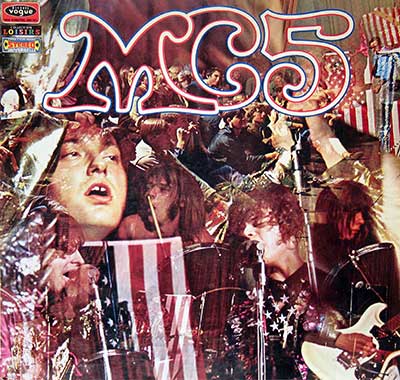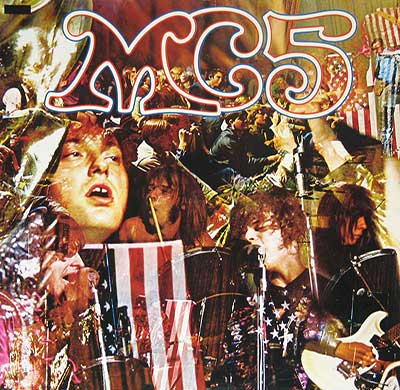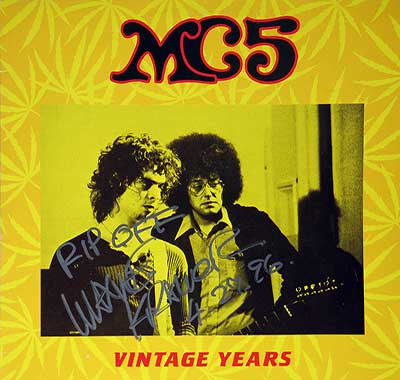In the gritty underbelly of 1960s Detroit, a band emerged that would not only challenge the sonic landscape of rock music but also ignite a cultural firestorm. The MC5, short for Motor City Five, were a high-octane explosion of raw energy, blending hard rock, proto-punk, and radical leftist politics into a potent and unforgettable cocktail.
The Genesis
The MC5 story began in working-class Lincoln Park, Michigan. Guitarists Wayne Kramer and Fred "Sonic" Smith, fueled by a shared love of blues, R&B, and the sonic ferocity of early rock 'n' roll, formed the nucleus of the band in 1963. As their sound evolved, they were joined by the powerhouse vocals of Rob Tyner, the propulsive rhythms of bassist Michael Davis, and the relentless drumming of Dennis Thompson. This classic line-up solidified the identity of the band that would make an indelible mark on music.
Influenced by the free jazz experimentation of Sun Ra and the raw power of bands like the Stooges, the MC5 forged a sound that was unashamedly loud, chaotic, and confrontational. Their live shows were legendary – a whirlwind of sonic fury, political rants, and an absolute embrace of the unpredictable.
The Rise and The Impact
The MC5 quickly became the house band of Detroit's Grande Ballroom, a key venue in the burgeoning counterculture scene. Their incendiary performances and growing reputation attracted the attention of John Sinclair, poet, radical leftist, and manager of the White Panther Party, a political group mirroring the Black Panthers. Sinclair became the band's manager, infusing their music with an even greater sense of urgency and radicalism.
In 1969, the MC5 unleashed their debut album, 'Kick Out the Jams', recorded live at the Grande Ballroom. The album, infamous for its profanity-laced intro, captured the raw, unbridled energy of the band's live performances and became an instant classic in the underground music scene.
While the MC5 never achieved mainstream commercial success, their influence ran remarkably deep. They are widely recognized as one of the key architects of the punk rock movement that exploded in the late 1970s. Bands like The Ramones, The Clash, and countless others cite the MC5's aggressive sound and anti-establishment attitude as formative influences.
The Flame Burns Out
Unfortunately, the band's ferocious energy proved unsustainable. Internal tensions, drug issues, and dwindling commercial success plagued them throughout the early 1970s. They disbanded in 1972, leaving a legacy far greater than their record sales might suggest.


